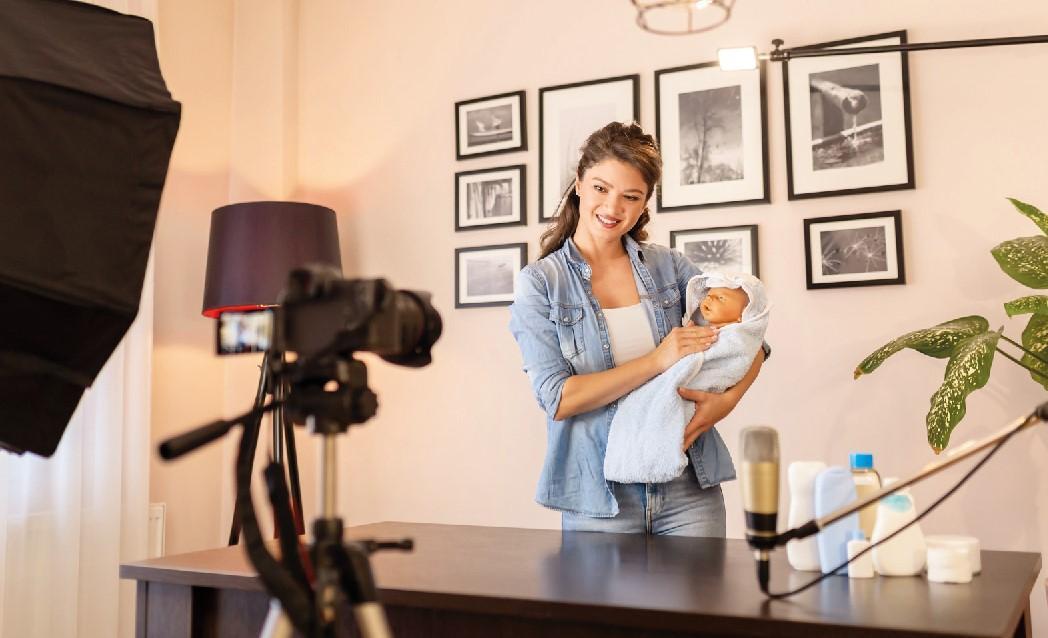
Influencer parents, usually mothers, using their children as advertising material violate their children’s personal space, a specialist developmental psychologist has said.
“Advertising on social media is now, in the digitalized age, an accepted line of business,” says Irmak Kerimoğlu, adding that however, a 6-year-old child is not qualified to give consent, both legally and psychologically.
We recommend not to share images of children on digital media as no one can know whether the child will want to be remembered with such a photograph in the future, Kerimoğlu said. “In other words, these parents are interfering in their child’s future.”
“Sharing the children’s image, even by the parents, violates their personal space,” she said.
Underlining that children learn by observing their parents, Kerimoğlu said, “When a mother promotes a product that she pretends to be using but she has not used before, the child gets confused.”
“When the children see this pretentious attitude, they see that their parents can act unreal in case of any necessity, which cause them to lose credibility in the eyes of their children.”
Regarding an influencer mother, who previously announced that they will not share together as her son doesn’t want to appear in the photos anymore but shared him again saying she convinced him, “This is a cry for help,” Kerimoğlu said.
Meanwhile, Osman Kara, the head of a digital communication agency, said, “While choosing the appropriate influencer for a product, many factors such as the quality of their contents, the frequency of sharing, the suitability of its followers for the target audience and the power to influence are evaluated.”
Those with 1,000-10,000 followers are categorized as nano, those with 10,000-50,000 followers as micro and those with 500,000-1 million plus followers as macro influencers, said Kara.
“The criterion is not only the number of followers, we think it is right to act according to the target audience,” he said.
While micro-influencers get paid between 5-10,000 Turkish liras ($0.25-$545) for their advertisements, this can go up to 200,000 liras ($10,900) depending on the number of followers and interactions in macro influencers.